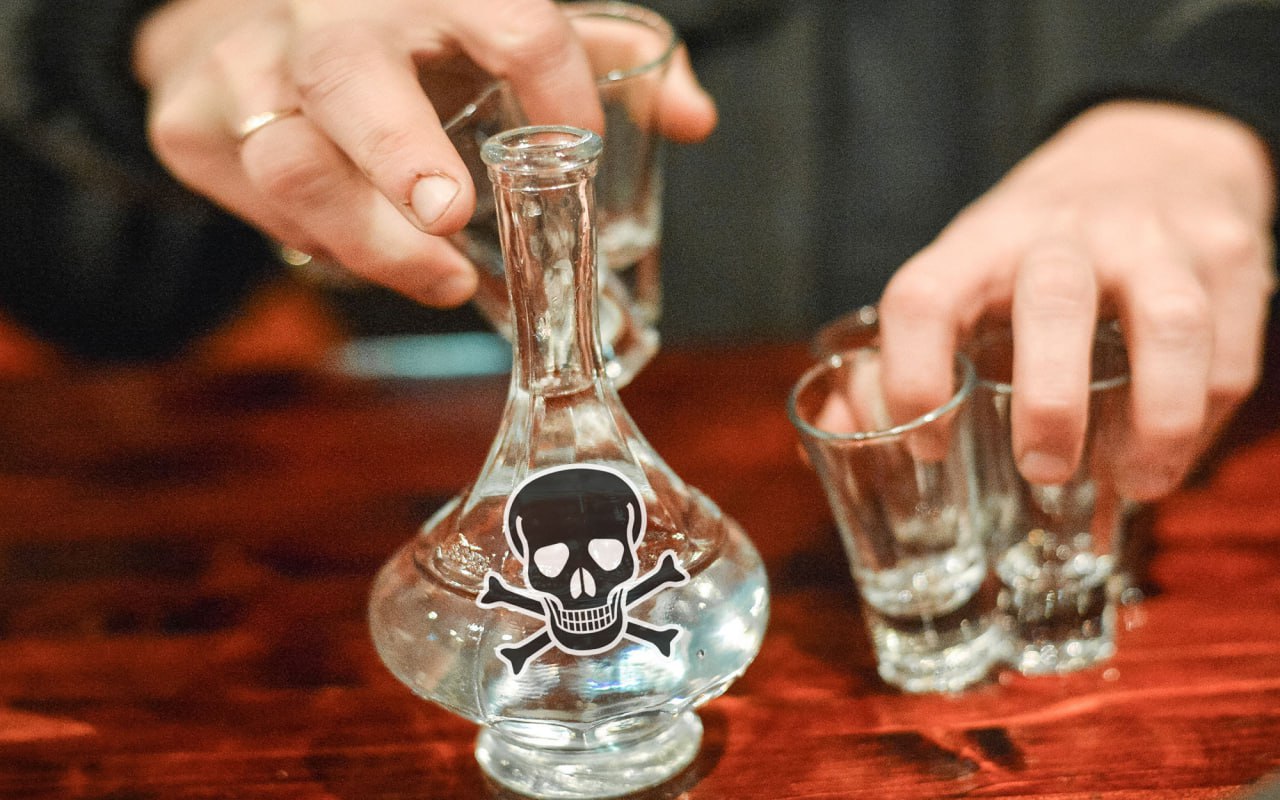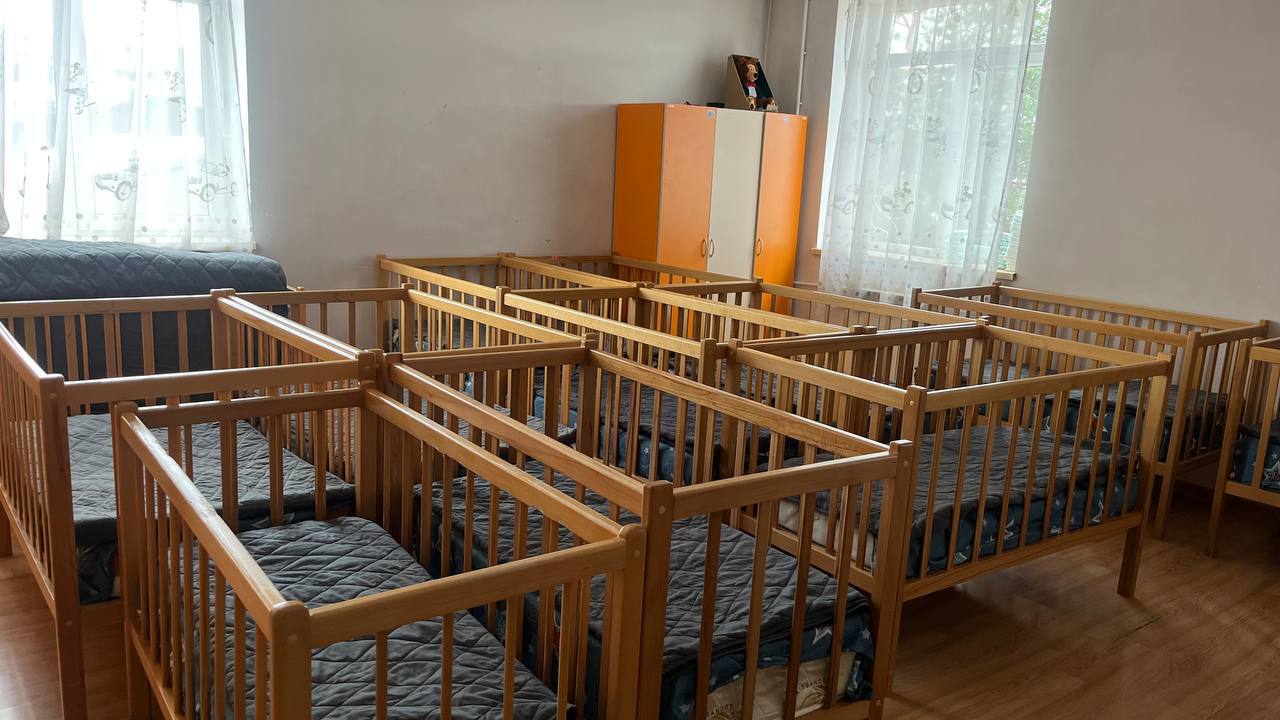Azerbaijan: violations in cosmetic procedures and oversight issues
Illegal aesthetic centres in Azerbaijan
Some time ago, the General Prosecutor’s Office reported that a group of individuals at the Baku aesthetic centre UĞUR 777 was performing various cosmetic surgeries without the proper license or medical qualifications, resulting in serious harm to several patients.
Although the centre was registered under the name of Hayala Ismayilova, it was found to have no medical licence, and procedures presented as routine treatments were actually surgeries carried out in violation of standards. The authorities said breaches of hygiene and sanitary regulations created a risk of infection.
According to the statement, an investigation has been launched based on the evidence collected, and a criminal case has been sent to the investigative authorities. Administrative proceedings have also been initiated against the centre’s head under Articles 210.1 (practising medicine without a licence) and 215.1 (violating health rights) of the Administrative Offences Code.
How are aesthetic medical services licensed, monitored, and their advertising regulated in Azerbaijan?
The terms and place names used in JAMnews content, as well as the opinions and ideas expressed, reflect solely the position of the author or the specific community and do not necessarily represent the views of JAMnews or its individual staff members.
How is illegal activity identified and registered?
Under national law, a licence from the Ministry of Health, specifically the Analytical and Expert Centre, is required to operate a private medical facility. However, establishments offering “illegal aesthetic medical services” often bypass this requirement. Such businesses are officially registered only as beauty salons or aesthetic centres, meaning they are treated as ordinary commercial enterprises rather than medical institutions, and in practice continue operating without a licence.
For example, a study by the Ministry of Health’s Analytical and Expert Centre found that the aesthetic centre UĞUR 777 was registered with the tax authorities as a business entity but did not appear in the register of private medical institutions and had no licence to provide medical services.
Another case is the so-called Dost Estetik Mərkəzi, which was absent from both the Ministry of Health’s database and the Tax Service records.
In other words, it operated entirely without registration.
This evasion is linked to gaps in the oversight system. Without a licence, these centres are not considered official medical facilities and are therefore exempt from routine inspections.
Another issue is that licensing bodies primarily focus on entities already registered with the tax authorities. If an entrepreneur does not apply for a healthcare licence, opening an aesthetic centre at the initial stage can escape the Ministry of Health’s notice.
As a result, some centres without the necessary conditions or qualified staff effectively continue to operate as illegal clinics. This was the case with UĞUR 777, where patients were treated and surgeries performed in premises equipped with medical equipment without a licence. Individuals presented as “cosmetologist doctors” were not listed in the official unified register of medical professionals and are not legally allowed to practice medicine.
Another gap in the licensing system is the limited effectiveness of penalties. The Analytical and Expert Centre carried out several inspections of UĞUR 777 based on complaints. The centre was issued five administrative protocols and fined for operating without a licence.
However, fines proved insufficient, and the centre continued its operations despite these sanctions.
Inspections of aesthetic centres: routine or complaint-based?
In Azerbaijan, routine inspections of business entities were significantly scaled back several years ago to improve the overall business climate. It is therefore unsurprising that oversight of aesthetic medical centres is now mostly triggered by citizen complaints, media reports, or incidents.
According to the Ministry of Health’s Analytical and Expert Centre, when a report indicates a real threat to people’s life or health, an inspection is immediately launched, and unplanned checks are carried out in line with the law.
This was the case with UĞUR 777. Social media posts and media coverage drew attention to the problem. Only then did the Procedural Actions Department under the General Prosecutor’s Office initiate an inspection. In other words, the response mechanism at the first stage relied on complaints and available information.
Today, routine inspections are generally conducted only for medical facilities that hold an official licence. However, many aesthetic centres either operate without a licence or are not registered as medical institutions, and so they do not appear in the official annual inspection plans. For this reason, supervisory bodies, including the Ministry of Health and the Prosecutor’s Office, have in recent years started carrying out joint monitoring campaigns.
For example, in early 2024, nine aesthetic clinics and cosmetic centres were inspected following multiple complaints, with a joint investigation conducted. As a result, the managers of these institutions were held administratively responsible and fined for the violations identified.
Nevertheless, a full system of regular, scheduled inspections of aesthetic centres has not yet been established. After the moratorium on business inspections ended in early 2023, routine checks theoretically resumed, but the main oversight tool remains rapid response to cases considered high-risk.
The fact that several unplanned inspections were carried out at UĞUR 777 between 2023 and 2025, with violations identified each time, shows that monitoring focuses primarily on high-risk establishments.
It is clear that, in the absence of complaints or media coverage, many violations can remain hidden for long periods.
Advertising of Aesthetic Procedures: Regulation and Real Oversight
Advertising for aesthetic surgery and cosmetic procedures is permitted only when such services are provided by certified specialists and licensed clinics. Otherwise, the promotion is considered illegal. Article 428 of the Code of Administrative Offences also prohibits advertising diagnostic or treatment methods without official authorisation, and violators may face administrative penalties.
Regulation of Advertising on Social Media and Digital Platforms
A key part of recent amendments to the Law on Advertising concerns the regulation of online advertising. Promotions aimed at an Azerbaijani audience and distributed via social networks or other digital platforms are now fully covered by national legislation. For the first time, the law introduces the concept of a “digital platform influencer”, meaning a social-media figure with the ability to affect public opinion.
If such influencers publish paid promotional content, they are officially considered participants in the advertising process and must comply with the law. These rules apply equally to the promotion of aesthetic services on Instagram, Facebook and other platforms.
Core Requirements for Advertising Medical Services Online
A significant part of the amendments to the Law on Advertising concerns the regulation of promotions on digital platforms. Advertising aimed at an Azerbaijani audience and distributed via social media or other online services now also falls under national advertising rules. For the first time, the law introduces the term “digital platform influencer”, referring to social-media personalities.
If such individuals publish paid promotional content, they are formally treated as participants in the advertising process and must comply with the law. These requirements also apply to the promotion of aesthetic services on platforms such as Instagram and Facebook.
The main requirements for advertising medical services on digital platforms include:
- Users must be able to recognise immediately that the published content is an advertisement.
- Creating fake accounts or misleading the public for promotional purposes is prohibited.
- If an aesthetic clinic or medical centre is being advertised, the ad must include the licence number, its issue date and the issuing authority. If the platform format does not allow full details, it must at least state that the clinic “holds a licence”, with a simple way for consumers to access further information.
- If an influencer promotes a medicine, medical device or treatment method, the advertiser must provide the necessary permits and supporting documents upon request.
Oversight of compliance with advertising rules is carried out by the State Service for Antimonopoly Control and Supervision of the Consumer Market under the Ministry of Economy, which monitors promotional content and reviews complaints from the public.
Requirements for medical procedures: are examinations, indications and informed consent applied in practice?
An educational note prepared by the Prosecutor General’s Office explains the conditions under which aesthetic surgery and other cosmetic procedures should be carried out.
It states that such interventions must only be performed on a doctor’s recommendation, meaning there must be a medical need and clear clinical indications. Procedures carried out solely at the patient’s request, without medical necessity, are considered unacceptable.
- Doctors are required to professionally assess a patient’s overall health, the potential impact of the planned procedure on their life and wellbeing, and any associated risks. Specialists must insist on a prior medical examination and may not proceed with surgery without it.
- The principle of informed consent must also be applied. Patients must be informed about the nature of the aesthetic procedure, possible complications, and alternative options, after which written consent must be obtained. This is a standard requirement under national health legislation.
- The Prosecutor General’s Office emphasises that plastic surgery and other aesthetic procedures should be carried out only when necessary. A separate record must be kept for each patient. When a patient returns for subsequent procedures, the doctor must review previous interventions and consider the cumulative effects.
- Another key requirement concerns professional qualifications. Anyone performing aesthetic procedures must hold a medical degree and the relevant specialisation. It is illegal for unqualified individuals to use titles such as “doctor” or “cosmetologist doctor.”
- Plastic and aesthetic procedures may only be performed by specialised medical personnel. Clinics must have anaesthesiology and resuscitation teams available to respond to complications and be able to provide intensive care in emergencies.
- All medicines and cosmetic products used during procedures must be certified and meet quality standards. Using products of unknown origin or poor quality can lead to serious complications.
The reality is different
In practice, many illegally operating aesthetic centres fail to meet most of the required standards. For example, at the Uğur 777 centre, it was found that individuals presenting themselves as doctors — including H. Ismayilova, M. Bagirov, F. Aliyeva, G. Abdullayeva, Z. Salmanova and others — had neither higher nor specialized medical education, nor the necessary certifications. This represents a blatant violation of the requirement for qualified personnel.
Since surgical procedures were performed without adherence to standards, there was a risk of spreading diseases such as hepatitis and HIV due to the use of non-sterile instruments. Some patients later told media outlets that they had not received a proper medical examination before surgery and were not informed of the associated risks.
Informed consent forms were often either not completed at all or signed as a mere formality. Moreover, illegal clinics frequently do not maintain any medical records. Patient complaints are not registered, and the administrative procedures typical of licensed medical institutions are largely absent.
As a result, principles such as medical examination, informed consent, clinical indications, and professional qualifications, which are outlined in official educational materials, are often ignored in illegally operating facilities, even though they are followed in legally licensed clinics.
Authorities and medical experts advise citizens to use only officially registered and licensed medical institutions. They also recommend verifying the diplomas and certifications of specialists conducting examinations or procedures.
If the required documents are not provided, citizens are urged to report the issue immediately via the Prosecutor General’s hotline at 961 or through the official social media channels of the office.
Illegal aesthetic centres in Azerbaijan























